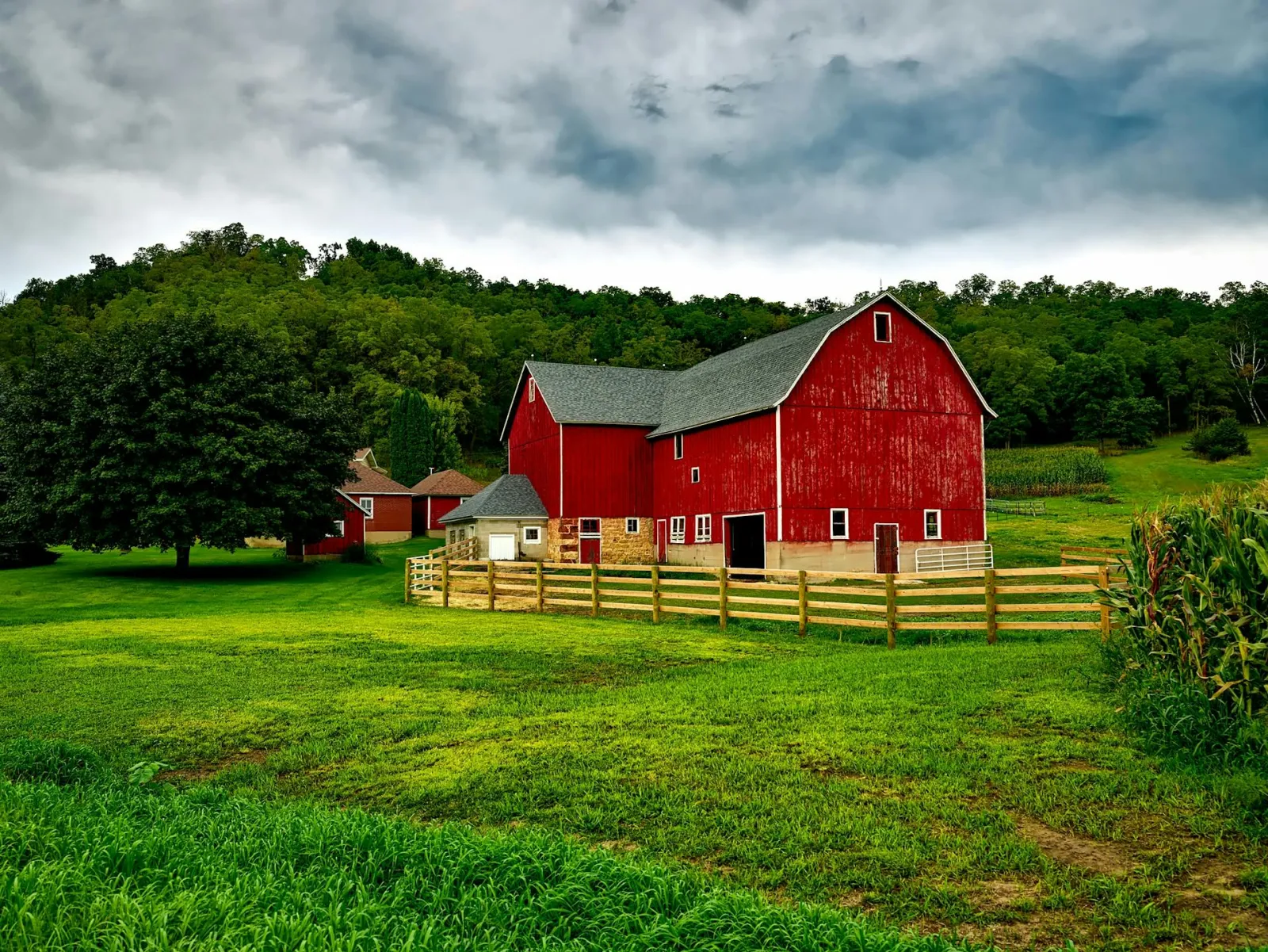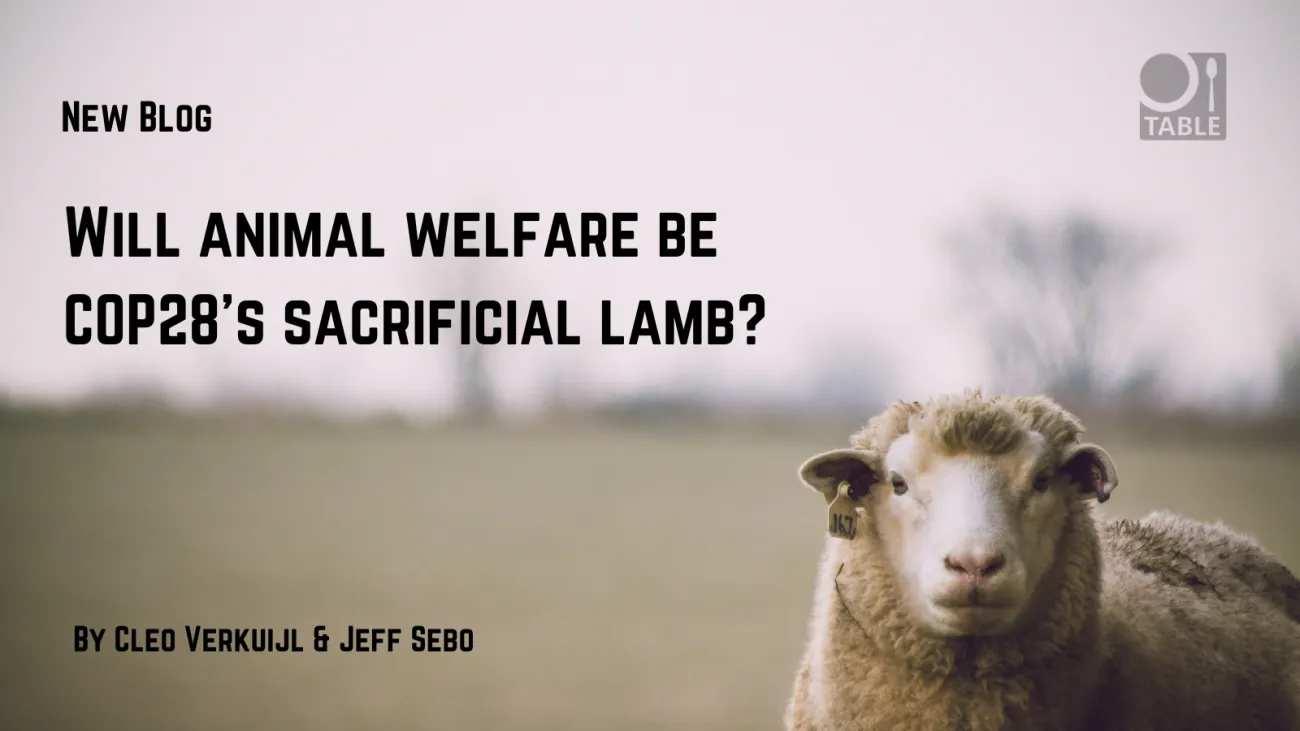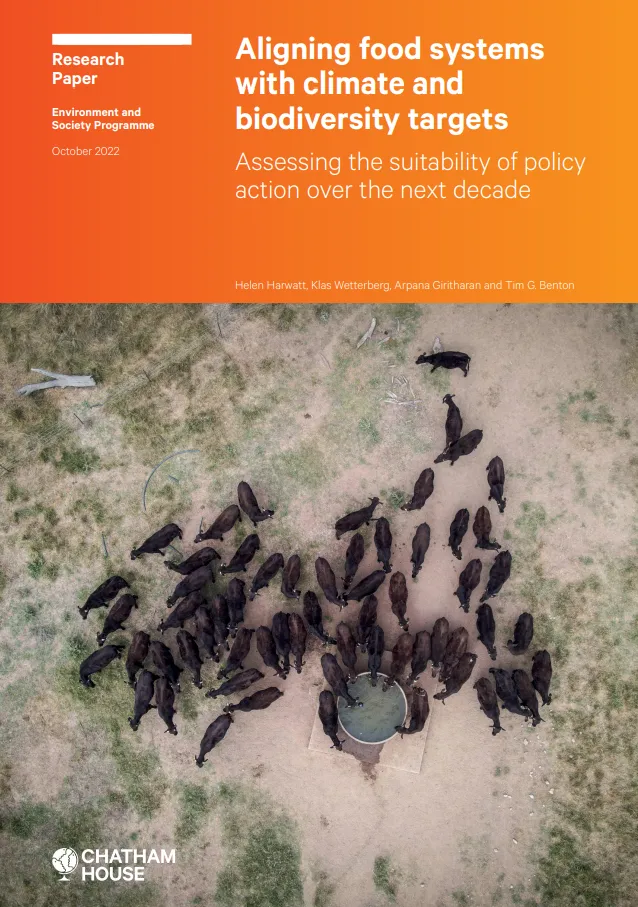This report by the WWF shows how cost-effective climate and nature policies can help tackle the cost-of-living crisis, saving households and farmers money while boosting the UK's energy and food security. The policies would quickly put pounds in people's pockets and stimulate the economy, all without requiring large public spending.
Publisher’s Summary
This report shows how cost-effective climate and nature policies can help tackle the cost-of-living crisis, saving households and farmers money while boosting the UK's energy and food security. The policies would quickly put pounds in people's pockets and stimulate the economy, all without requiring large public spending.
Today’s governing environment, though, is challenging - sluggish economic growth and high borrowing costs have necessitated difficult trade-offs to keep spending within the Government’s fiscal rules. The cost-of-living crisis continues to bite, exacerbating long-term economic pressures on households. Real wages have flatlined since 2008, inequality is higher in the UK than in many other European countries, and inflation in food and energy prices has left many families struggling to pay their bills.
Elections in the coming years will largely be determined by whether governments have delivered meaningful improvements in voters’ everyday lives. At the same time, the political consensus on net zero is at risk of fracturing, while the type of change needed will increasingly be felt in people’s daily lives. The growing impacts of climate change, together with the UK’s continued dependence on volatile fossil fuels, pose serious risks to the economy and to household budgets.
All credible analyses reach the same conclusion – the economic benefits of the transition will greatly outweigh the costs, delivering growth and economic resilience while reducing household costs. As political polarisation drives an increased focus on costs, though, it is vital that the benefits of the transition are felt in people’s everyday lives as quickly as possible.
Taking this approach can cut through the increasingly polarised debate around net zero and demonstrate that the low-carbon transition can deliver benefits to voters, despite the challenging economic and fiscal context. This report focuses on three sectors: power, home heating, and agriculture and land use. The following policies could be quickly implemented and deliver concrete benefits to households and farmers Publication Date: September 2025 within this Parliamentary cycle.




Comments (0)